The Anatomy of Friendship.
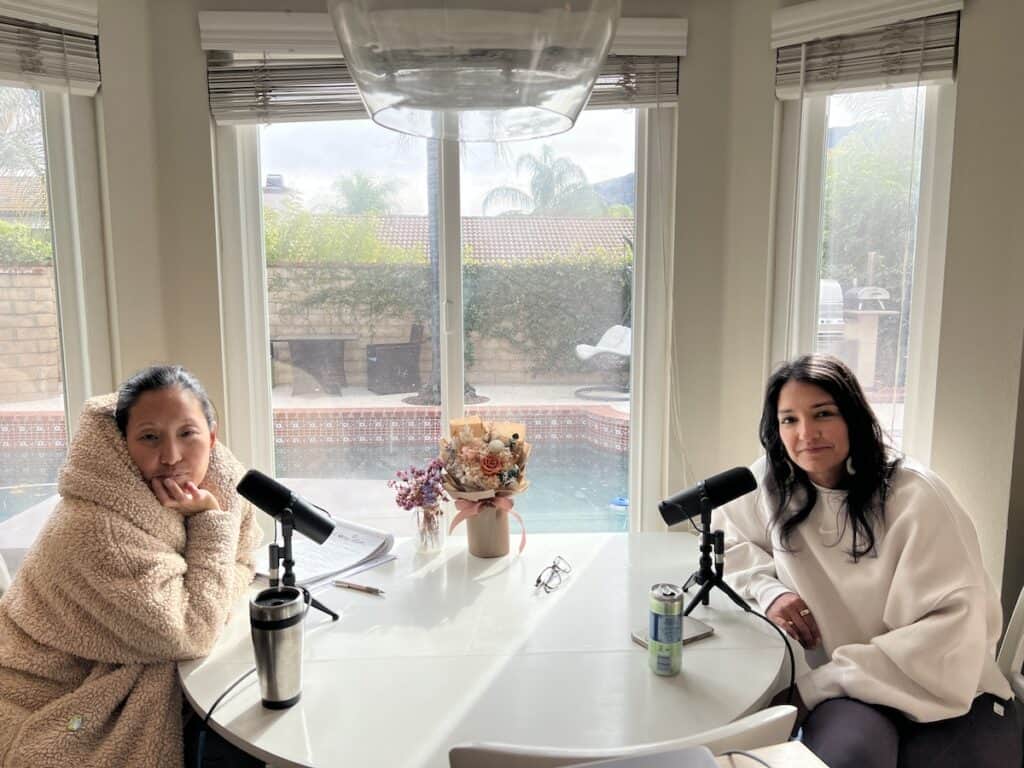
Part 1: Platonic Intimacy
A couple of weeks ago, I talked about The Friend Breakup and it sparked a lot of conversation. There are literally over a thousand comments beneath my various social media posts, and I have since received hundreds of DMs from people wanting to share their story.
In sum, the discussion struck a nerve.
I thus concluded that this topic merited further consideration. And in lieu of just talking to myself, I asked my friend, Nabiha, to join me to chat about it. Nabiha is not only studying to become a licensed therapist, she is also someone I consider to be an “expert” in friendship. She’s one of those women who has surrounded herself with an array of strong platonic relationships, including a friend she speaks with every single day, a woman who has been in her life since childhood.
I, on the other hand, consider myself a relative neophyte when it comes to friendship. I don’t have any friends from my childhood. I don’t speak with anyone I’ve known since even college. The people I consider to be my friends today? Well, they’re mostly people I’ve only just gotten to know in the past decade or so.
I thus start this conversation on The Anatomy of Friendship with a fairly simple question: “What are the crucial organs of a friendship?”
As you’ll hear, Nabiha and I cover a wide range of issues related to friendship and I even fold into our chat some of the thoughts from those generous enough to share their own stories in my comments. Our discussion went long, so long, in fact, that I’ll be sharing it in parts.
Today, I invite you to listen to Part 1: Platonic Intimacy.
Parting Thoughts
My lit agent, the wonderful Charlie, tasked me with writing a second chapter to include in the proposal for the memoir that I’m currently working on. Over the past week, I’ve been reconnecting with a younger version of myself by diving into my diaries and journals. I’ve kept a diary of some kind since I was in 5th grade. I suppose I’m lucky to have these things to help me anchor the stories I intend to share. But, I’ve found myself, more often than I would like to admit, quite surprised at how poorly I’d remembered the events of my childhood, or even young adulthood. It’s amazing how certain we grow, over time, of the gloss we put on the stories we tell ourselves.
“The story you tell” has been a phrase my husband and I have discussed a lot in the last several months: Be careful of the story you tell. We had an interesting chat with a friend of ours over dinner. That friend, a very good friend, cautioned that the stories we tell can be powerful. They can propel us in directions that frighten us, or they can define us and even prevent us from ever moving forward.
Are you a victim in your story?
Are you the hero in your story?
Are you the villain in your story?
I must confess that I don’t like the girl in the journals I’ve been reviewing. I may even hate her, at some points. She is selfish, immature, and colossally stupid in certain situations. She is so, so weak. Were I to answer the question, who are you in these stories?, I’d have to say,
“An idiot.”
I know I sound uncharitable, especially given that the person in these diaries is 14, 15, 25, 26 years old. But the feeling–the visceral loathing–I had while reading my own writings… it was so deep, so thorny, it made me want to hide from myself. Which, let me tell you, is not ideal when you’re trying to write a memoir!
I shared some of my deepest fears, the things I hated most about my story, to Anthony. These are things I’ve never said out loud, even to my very expensive therapist. He didn’t flinch. In fact, I daresay we loved each other more at the end of all my ugly revelations.
Honesty is profoundly difficult, partly because we spend so much effort burying hard truths, those things we cannot face in ourselves. Luckily, though, we have each other as mirrors when introspection becomes too scary, too painful. And while mirrors can never offer a total and complete reflection of who we are, they can give us the courage to dive back in and pursue the trail, the one that does lead to those hard truths. Until the story we tell is the story we lived.
Wishing you all the best,
Joanne


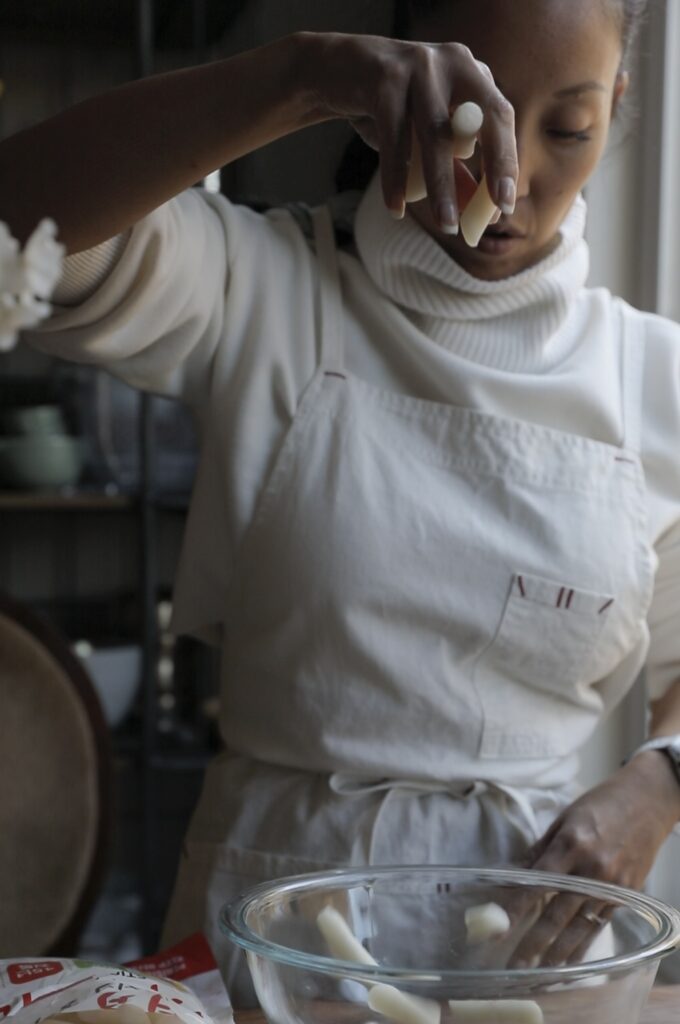


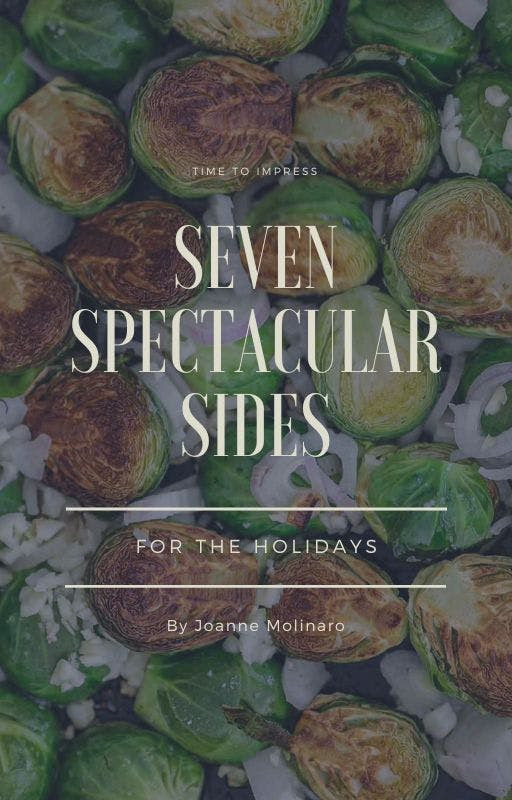
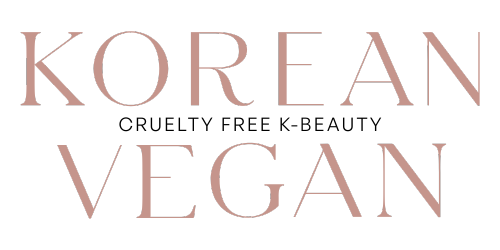

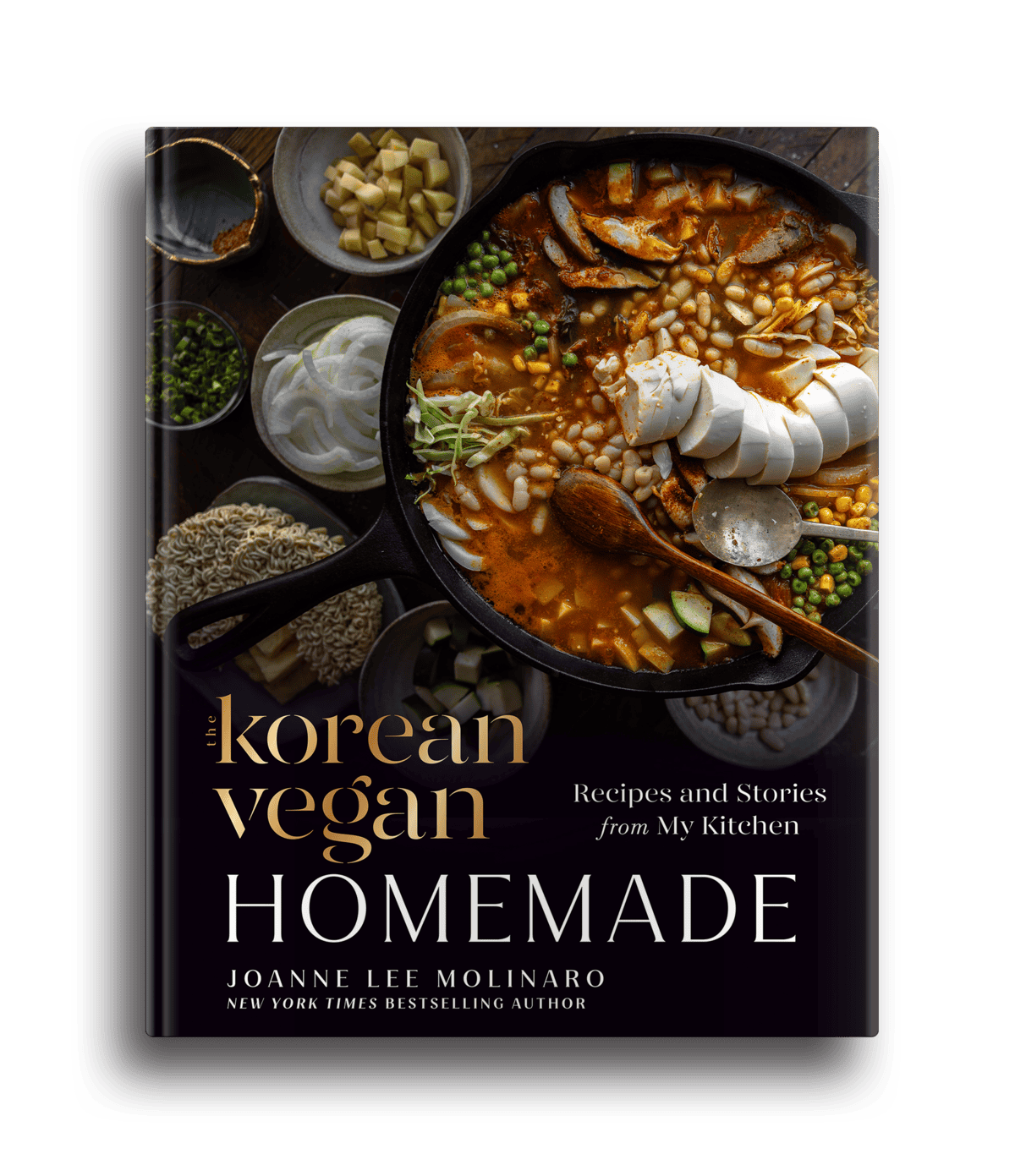
Part 2? ;(
It’s coming, I promise!!!
Still waiting haha